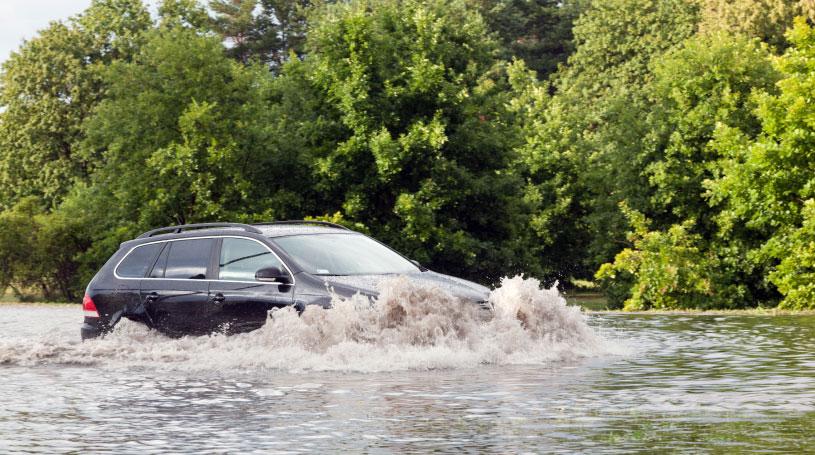Spare a thought for the many businesses affected by the latest devastating floods
Spare a thought for the many businesses affected by the latest devastating floods, a stark reminder of how the best laid business plans are sometimes not enough to guarantee success.
In just a few hours the winelands town of Franschhoek turned from a tourist hotspot to a disaster zone, at a time when many businesses were gearing up for the summer season. One five-star boutique hotel damaged in the June floods was scheduled to reopen in October, only to be literally swamped all over again by the 300m rainfall deluge that fell in just 24 hours.
Further afield there has been significant damage to road infrastructure, with the N2 highway still closed at the time of writing, and no prospect of a quick-fix due to an entire bridge having disappeared downstream.
An initial estimate from Western Cape Agriculture puts the damage to the agricultural sector at around R1,4-billion, although that figure may increase as more information becomes available.
Natural disasters are unforeseen events are a fact of life, affecting all walks of life. They also underscore the need to enhance economic resilience -- by getting the basics right. A business may survive a flood-affected season if it can bank on future profits; but even a slight knock might prove fatal when the system is already fractured by policy confusion, power supply interruptions, and currency fluctuations.
Risk is endemic to business development; however rolling with the punches only makes sense when there is a reasonable prospect of success.
This is why we need to keep up the pressure for much-needed economic policy reforms, of the kind we have detailed in multiple submissions to our government partners.
Fair weather or foul, we want an economic climate where no amount of rainfall on the Hottentots Holland Mountains will wash away any livelihoods.
John Lawson
CEO of the Cape Chamber of Commerce & Industry

